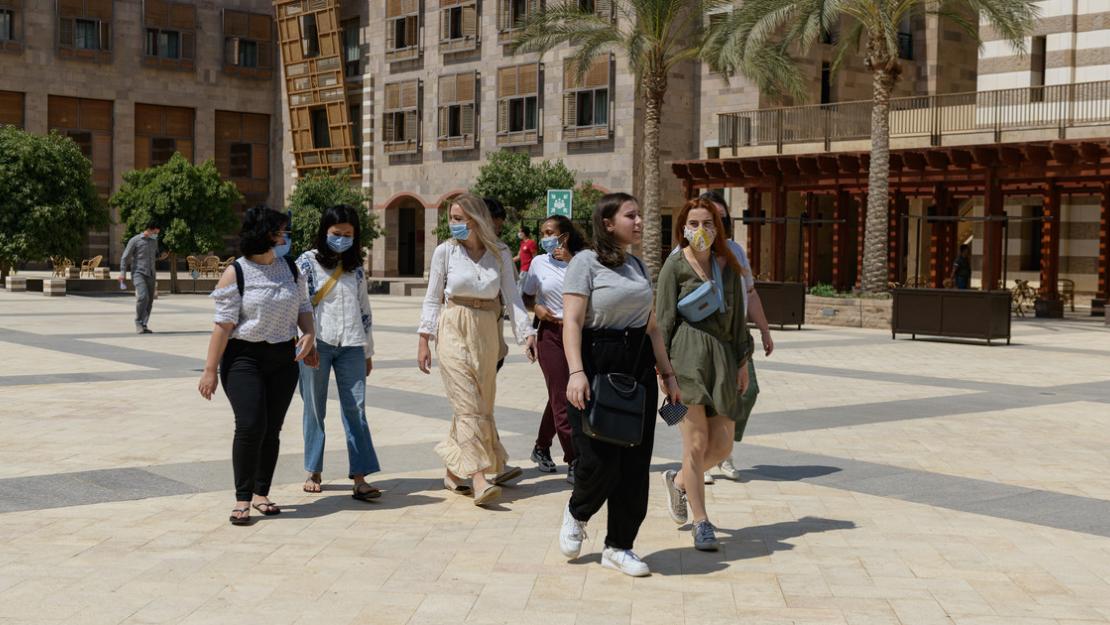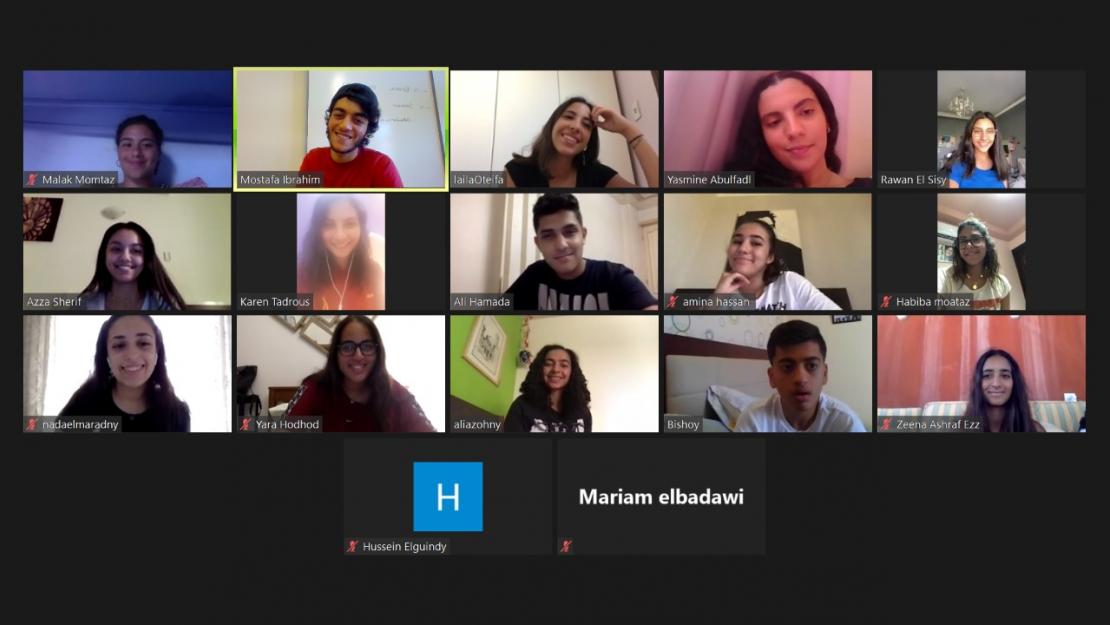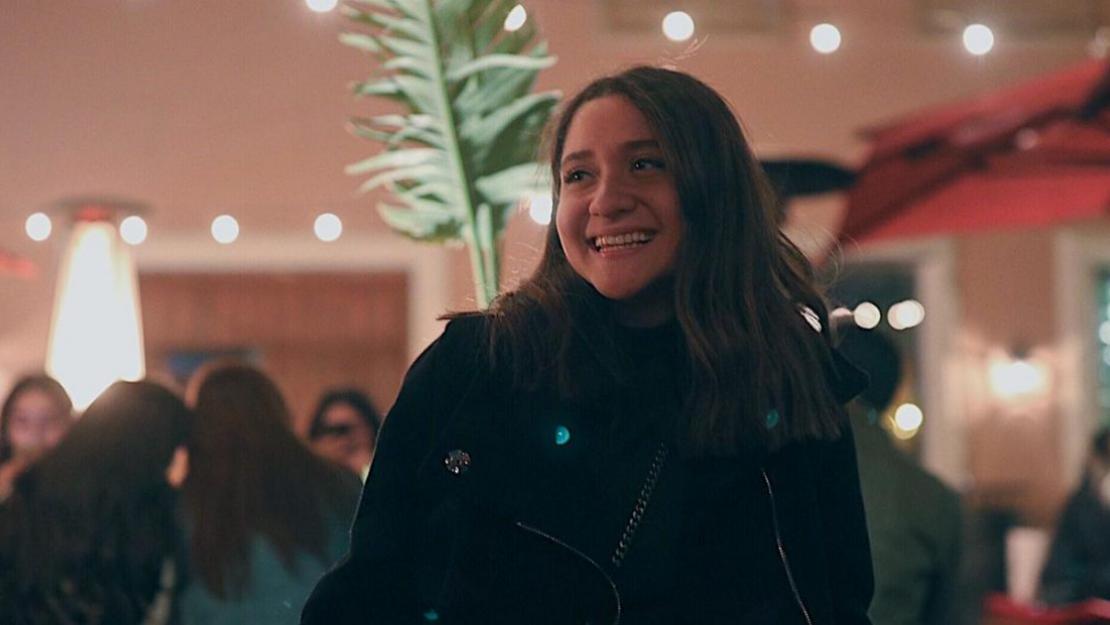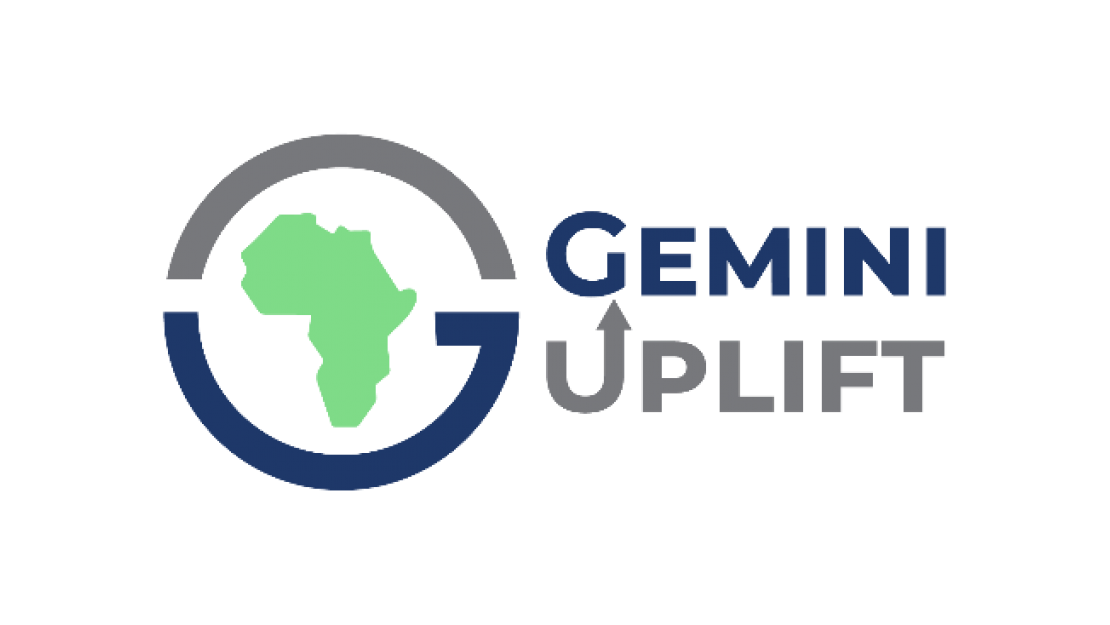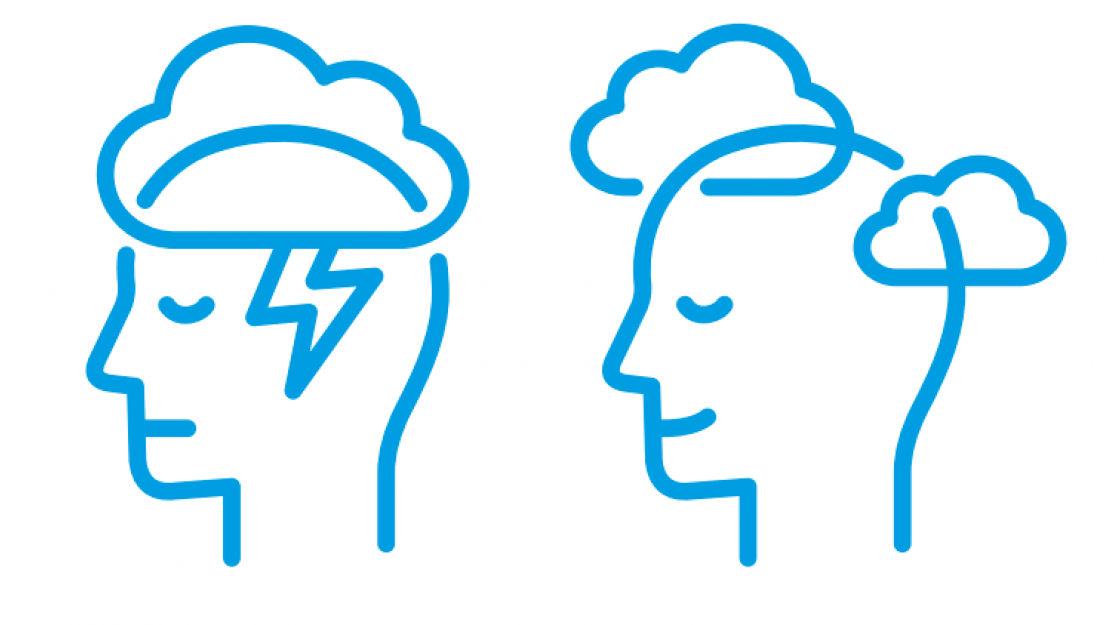AUC Establishes New Anti-Harassment, Non-Discrimination Office of Institutional Equity
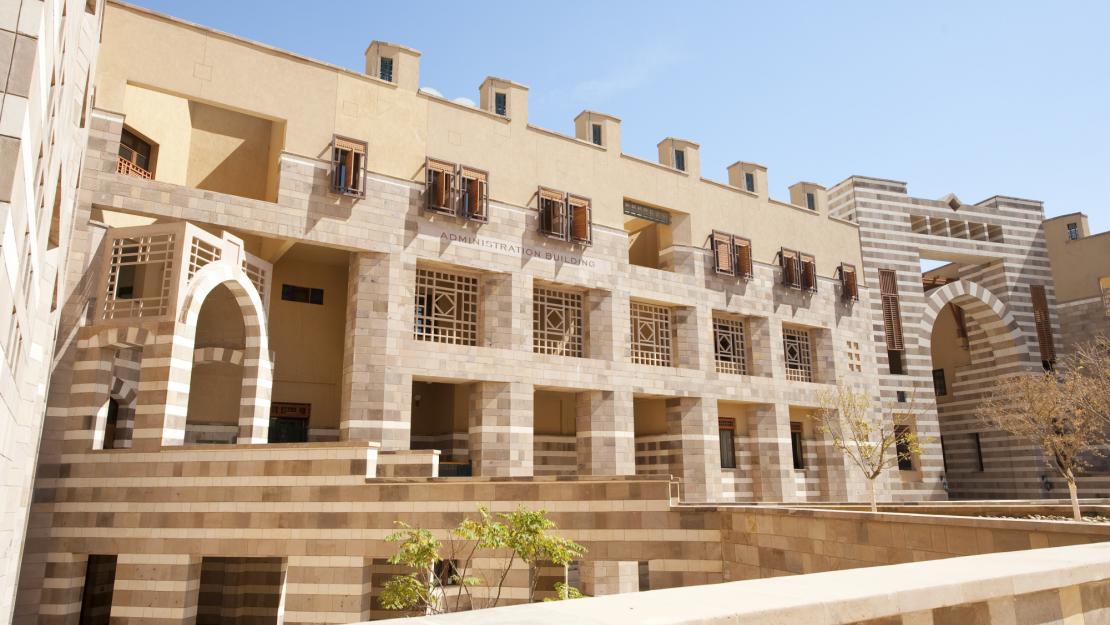
With the aim of combating sexual harassment and safeguarding its community, AUC established the Office of Institutional Equity (OIE) on August 1 to handle sexual harassment and discrimination complaints from students, faculty and staff. The office reinforces and underpins AUC’s Anti-Harassment and Non-Discrimination Policy, abiding by Egyptian laws, and strengthening AUC’s reporting channels.
OIE educates and acquaints the AUC community with the Anti-Harassment and Non-Discrimination policy set in place for sexual misconduct on and off campus, receives reports of policy violations, investigates and implements sanctions in accordance with the Policy, and directs individuals to available campus resources, including medical and counseling services, academic support and legal assistance.
On that account and as part of the #AUCSpeakUp initiative to reinforce AUC’s legacy of equity, inclusiveness, and a safe campus, AUC launched a mandatory training for every member of the community, including the president and senior leadership across the board. AUC is the first to introduce such mandatory training for all faculty, staff and students. An online training module is also due to be introduced this fall.
The Zoom training provided to senior academic and administration leadership discussed Title IX (USA federal law) and Egyptian laws on sexual harassment/misconduct and their prohibitions and how they apply to community members, AUC’s policy, the definition of sexual harassment/misconduct, reporting obligations, and more. To ensure the information was fully digested, participants were given scenarios and assessments to test their knowledge.
“The office stimulates AUC’s culture of mutual respect and sustains a harassment and discrimination free campus for the community at large by reinforcing policies on broader levels,” said Reem El Mograby, Title IX coordinator. “Our previous structure was under the area of student life and handled mostly student complaints. Now it spans to include faculty, staff, alumni and visitors. I see AUC becoming a leader in this domain across other universities in not only Egypt but also the region.”
AUC led a national conversation on anti-harassment, hosting Maya Morsy ’95, president of Egypt’s National Council for Women (NCW) to discuss the latest measures and efforts to combat sexual harassment as well as the collaboration with NCW to promote awareness on sexual harassment in higher education and discuss policies and measures that guarantee a safer environment for women. AUC is also joining forces with other universities and organizations in Egypt to create real and lasting social and cultural change through a national dialogue.
OIE is the principal point of contact for any harassment, discrimination or sexual misconduct complaints and ensures the University’s prompt and equitable response in compliance with Egyptian laws and policies to stop and prevent the recurrence of the harassment, in addition to remedying the effects. The office works closely with impacted individuals to provide them the necessary support, backed by AUC’s counseling services.
Anonymous complaints of alleged violations can be reported through different channels, including an online reporting form, one-on-one meetings, or by emailing the OIE at [email protected]. The University assures that information about cases remains confidential and is only shared on a need-to-know basis.
“We also work on strategies to prevent sexual harassment at AUC. Part of that prevention is to make sure that we respond to all allegations of harassment and discrimination on our campuses. The idea is not only to reinforce the existing policy but to prevent harassment and discrimination from happening altogether,” asserts El Mograby, stressing that prevention and proactiveness are the cornerstone of ingraining and maintaining a safe culture on campus.
In that regard, AUC is a founding member and the only institution outside of the United States to be part of Action Collaborative on Preventing Sexual Harassment in Higher Education. The collaborative brings together leaders from over 60 academic and research institutions to work toward targeted, collective action on addressing and preventing sexual harassment across all disciplines and people in higher education. Action Collaborative members –– including universities and research and training institutions –– identify, research, develop and implement efforts that go beyond basic legal compliance to evidence-based policies and practices for addressing and preventing all forms of sexual harassment and promoting a campus climate of civility and respect.
AUC has a zero-tolerance policy for sexual harassment in all its forms and remains unwaveringly committed to ensuring that its educational mission continues to be carried out in an environment that is free of harassment and discrimination.
“If you experience harassment, abuse or bullying of any kind, especially sexual harassment, you have rights and you have options. If you have witnessed it happening to others, you really have an obligation to report it. Please know the policy, and please report,” said President Francis Ricciardone. “We have put in place the human resources to uphold these precepts, but in order for our policies to be effective, we must rely on one another to identify both individual and systemic problems without silence or fear.”
For more information on the #AUCSpeakUp initiative, visit the AUC Speak Up webpage here.
To report an anonymous complaint, fill in this online form, or contact the Office of Institutional Equity at [email protected].
To learn more; check out the AUC's Anti-Harassment and Non-Discrimination Policy.


